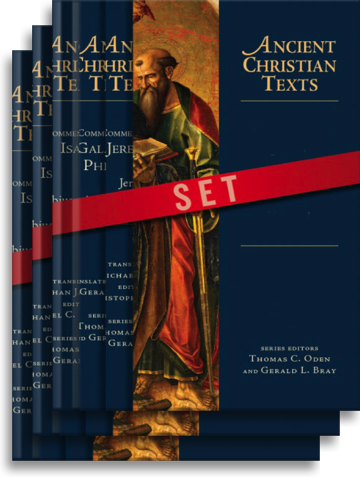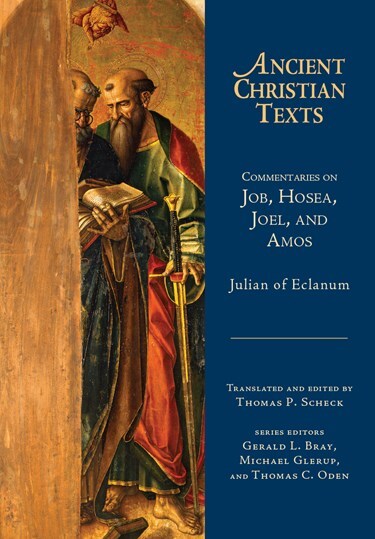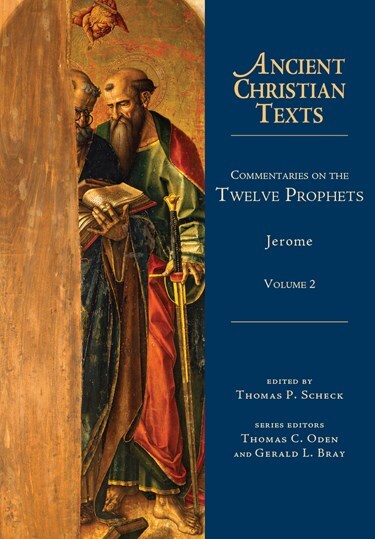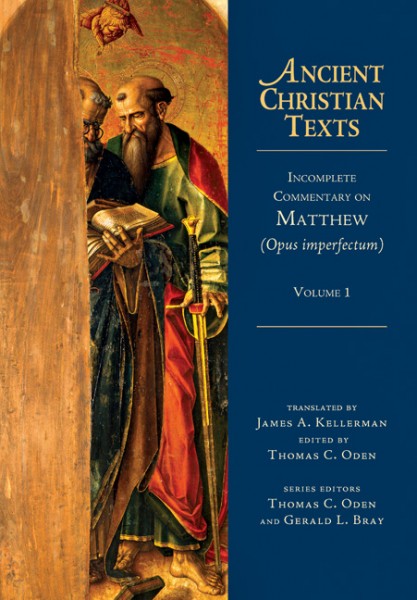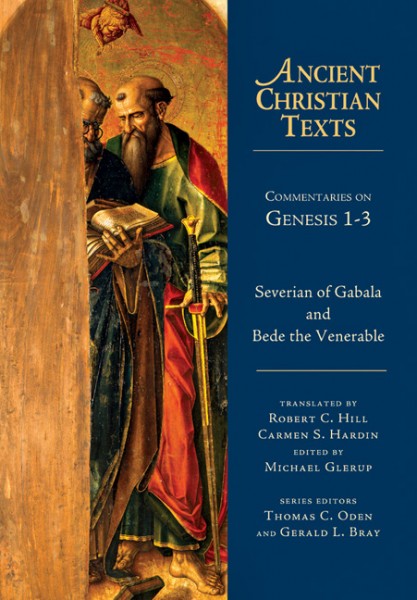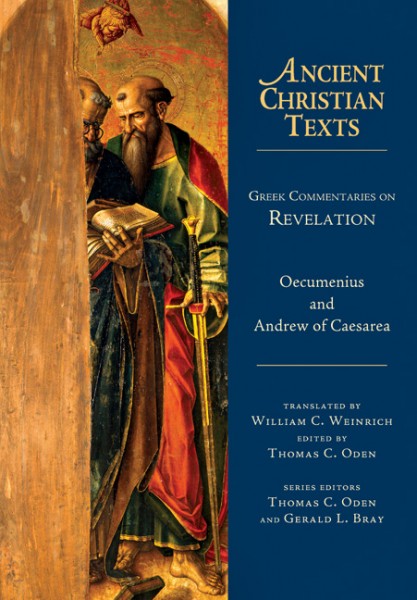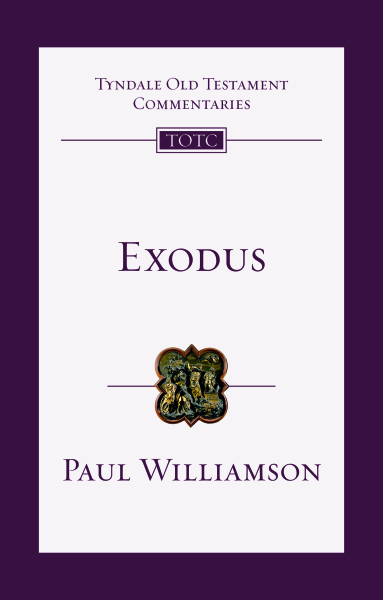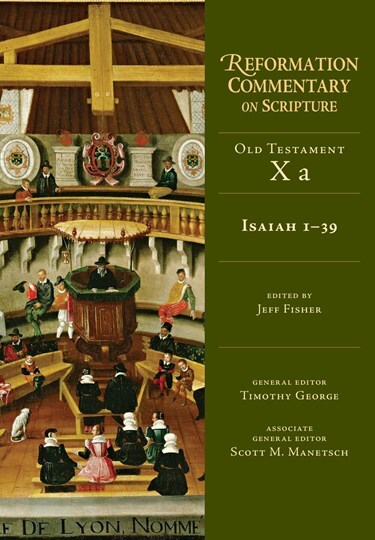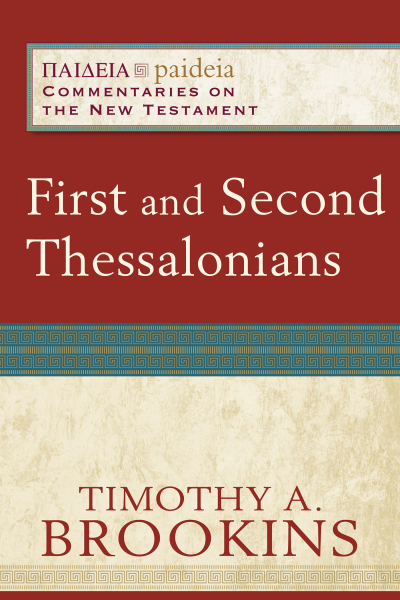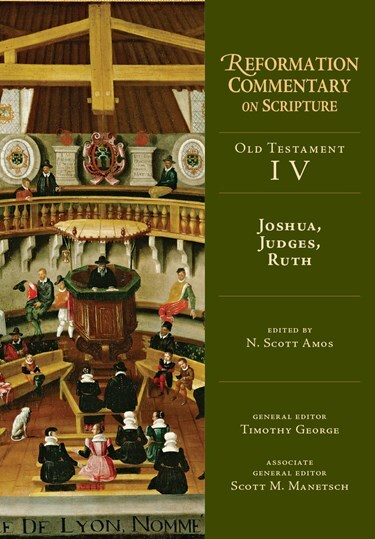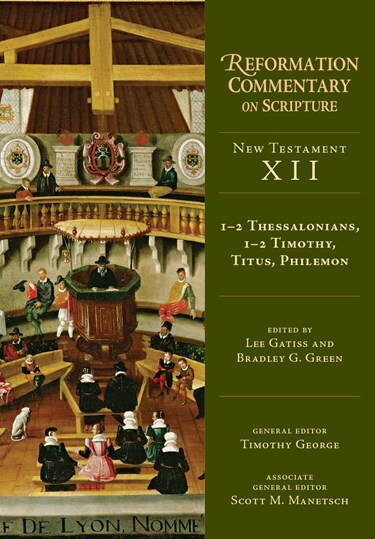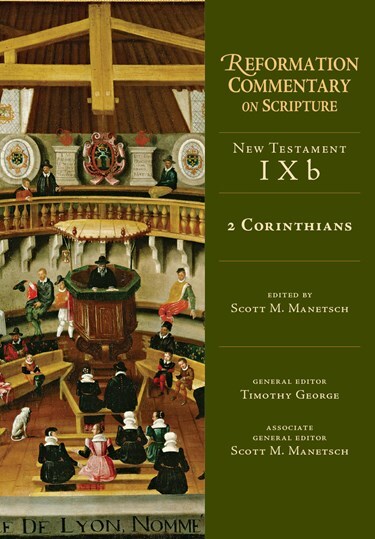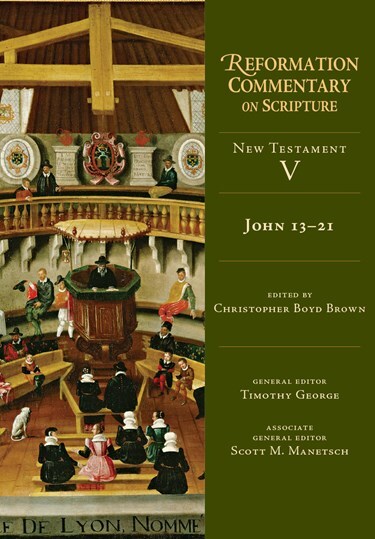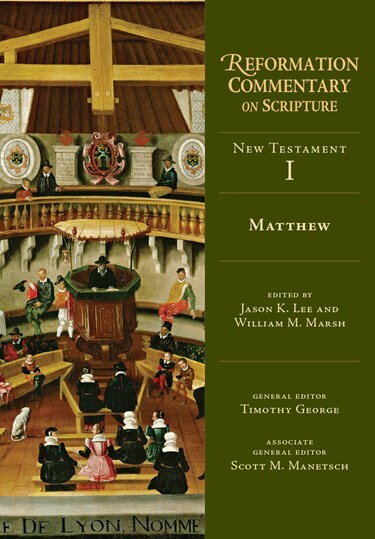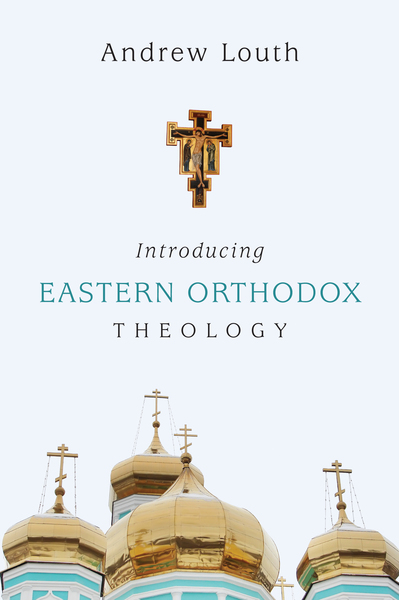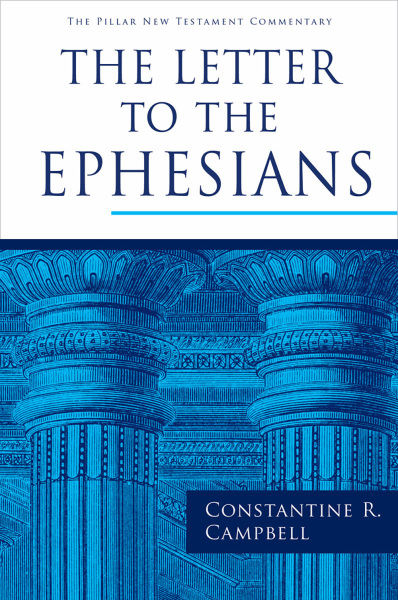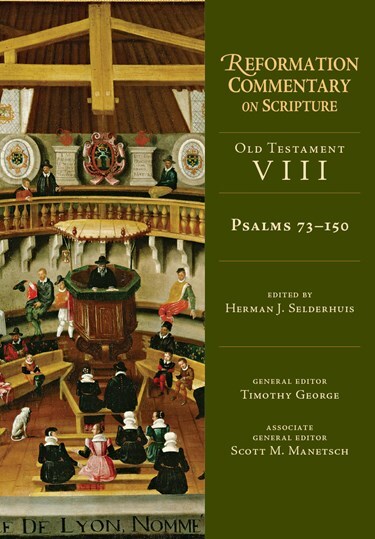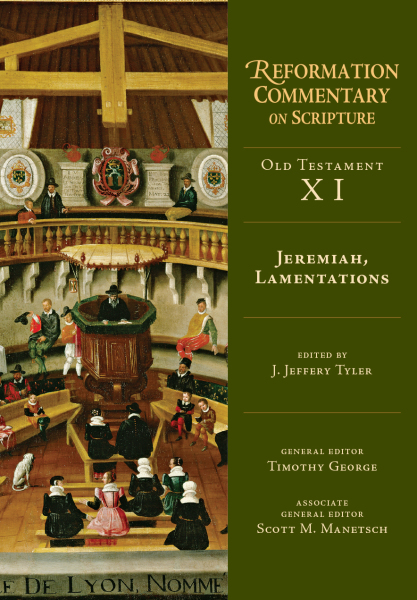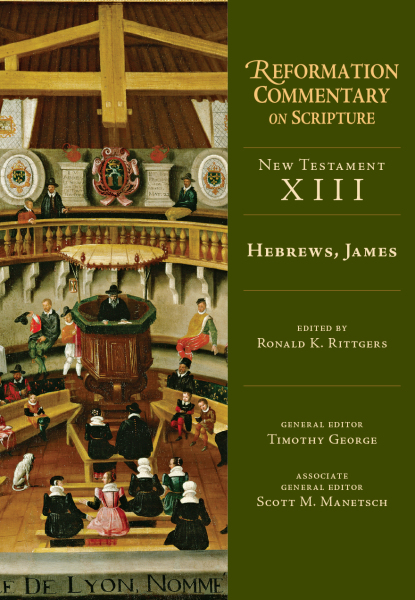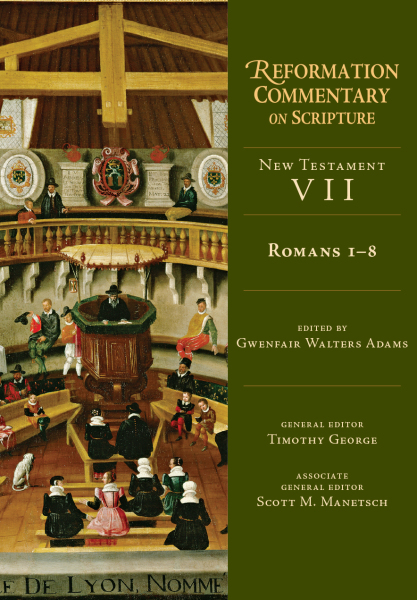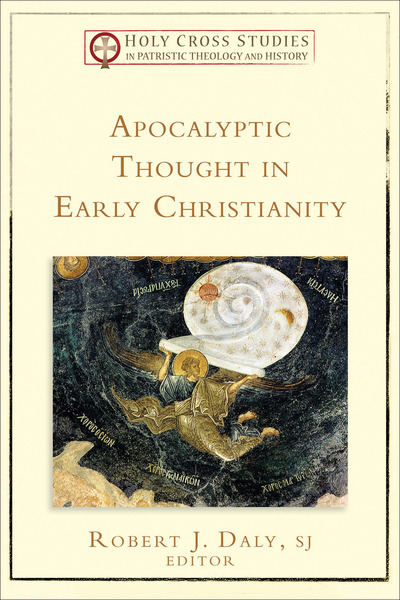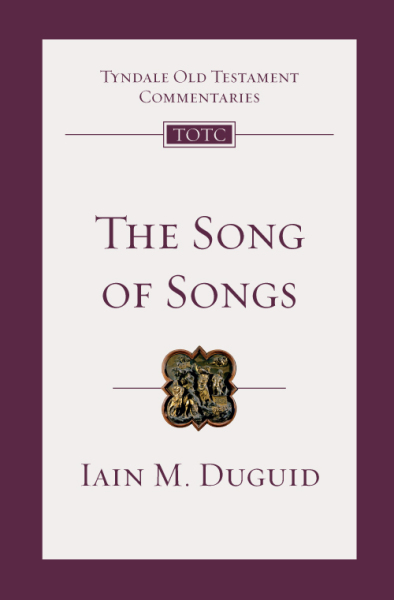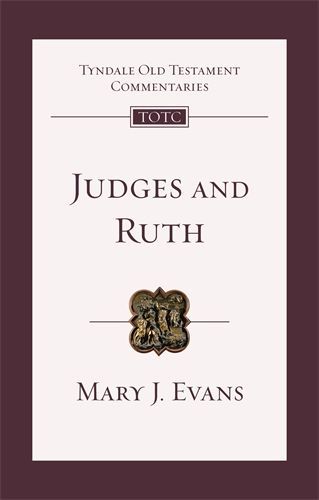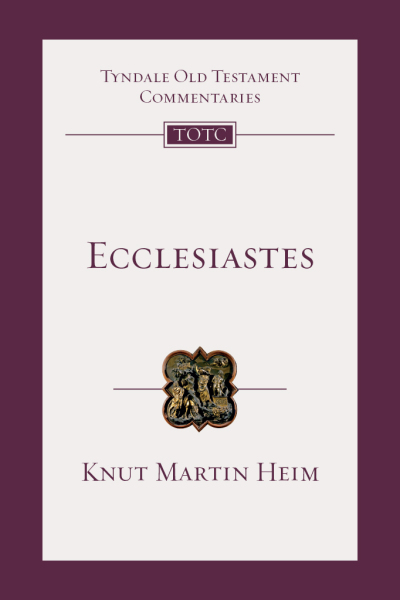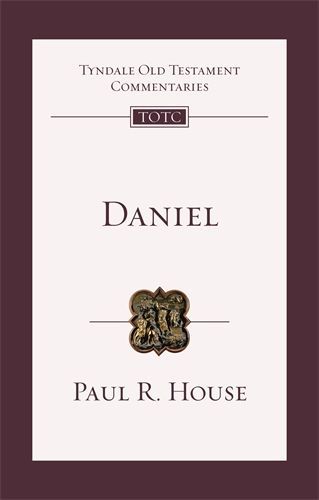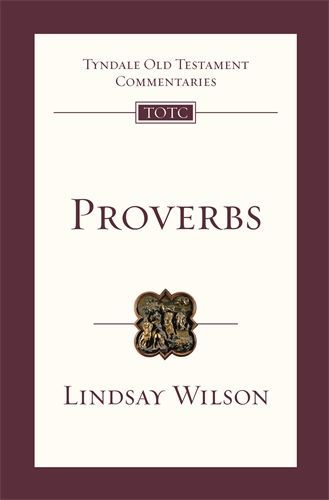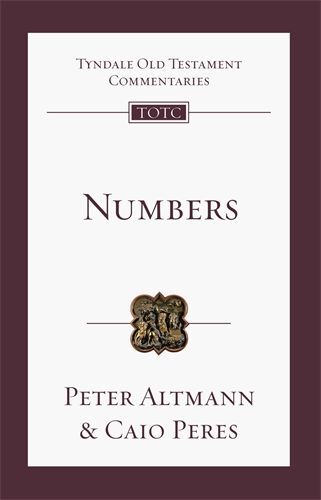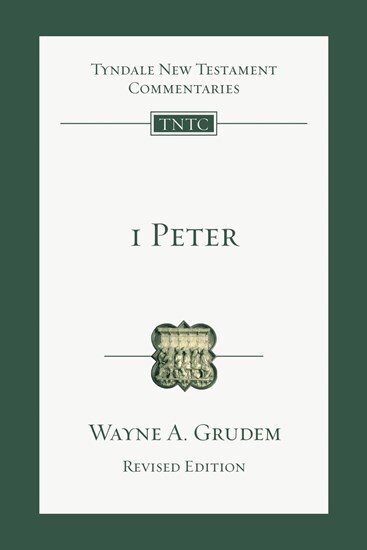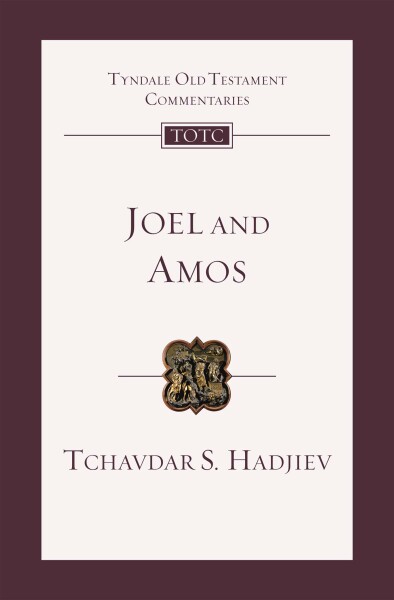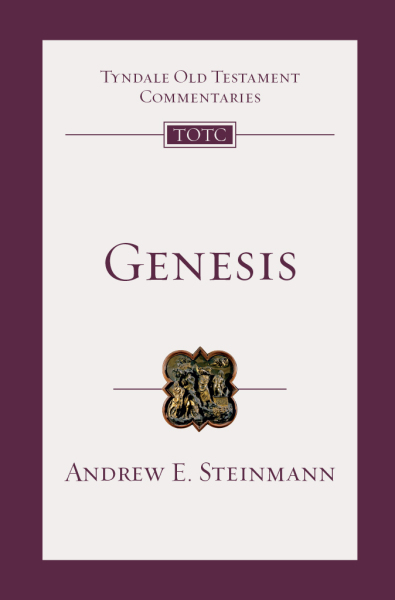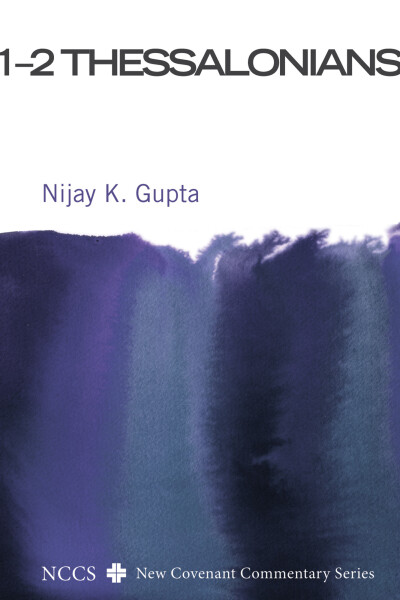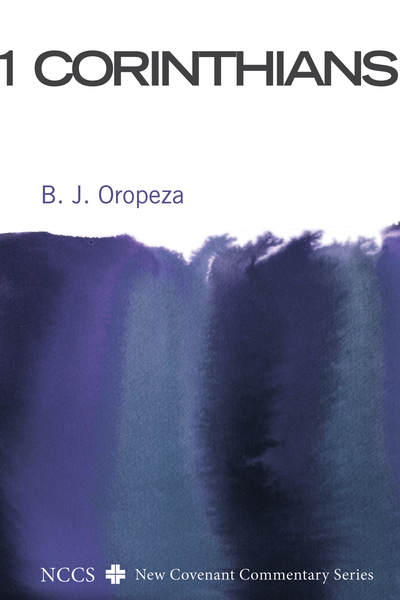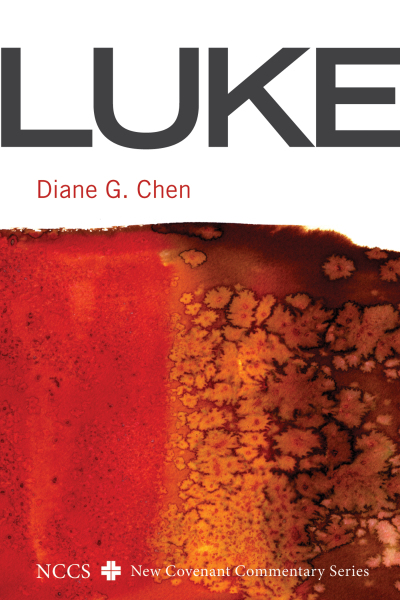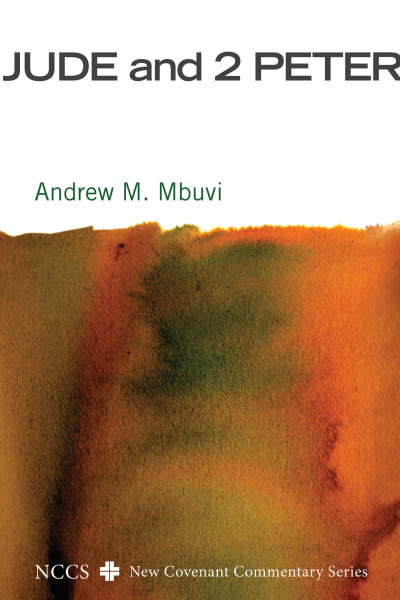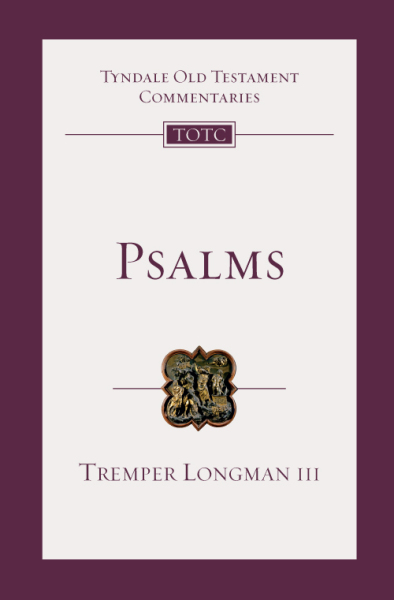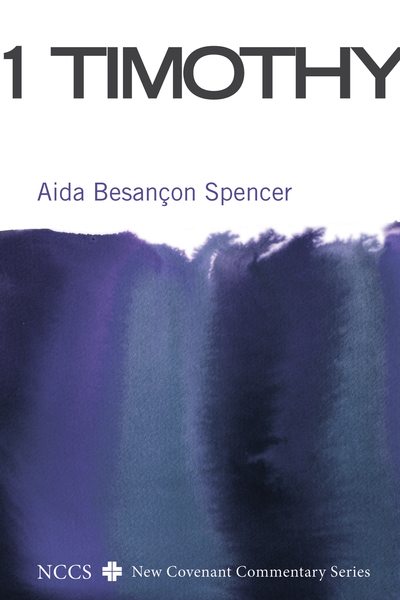

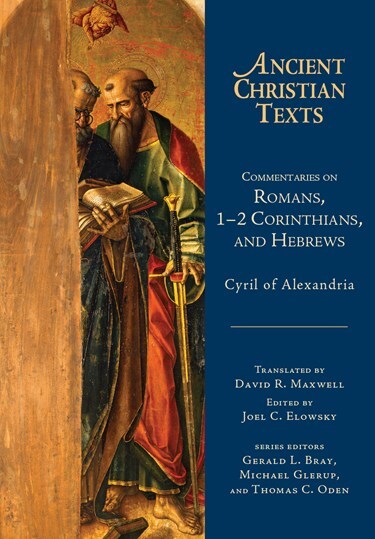
Ancient Christian Texts - Commentaries on Romans, 1-2 Corinthians, and Hebrews (ACT)

Ancient Christian Texts - Commentaries on Romans, 1-2 Corinthians, and Hebrews (ACT)
"But in fact Christ has been raised from the dead..."
Cyril of Alexandria (c. 378–444) was one of the most significant figures in the early church: bishop of the church, defender of orthodoxy, proponent of Alexandrian theology. Indeed, he is probably best known as the supporter of the term Theotokos (God-bearer) with regard to Mary in opposition to Nestorius during the early Christological controversies.
But Cyril viewed himself, first and foremost, as an interpreter of Scripture. In this volume in IVP Academic's Ancient Christian Texts series, Joel Elowsky and David Maxwell offer—for the first time in English—a translation of the surviving Greek and Syriac fragments of Cyril's commentaries on four New Testament epistles: Romans, 1–2 Corinthians, and Hebrews.
Abounding with Cyril's insights regarding these canonical texts and biblical themes such as the triune nature of God, Christ's sacrificial death, and justification, these commentaries are essential tools for understanding Cyril's reading of Holy Scripture.
Ancient Christian Texts is a series of new translations, most of which are here presented in English for the first time. The series provides contemporary readers with the resources they need to study for themselves the key writings of the early church. The texts represented in the series are full-length commentaries or sermon series based on biblical books or extended scriptural passages.
Ancient Christian Texts are new English translations of full-length commentaries or sermon series from ancient Christian authors that allow you to study key writings of the early church fathers in a fresh way.
Joel C. Elowsky (PhD, Drew University) is professor of historical theology at Concordia Seminary, St. Louis where he also serves as the director of the Center for the Study of Early Christian Texts. He is the editor of various texts including two volumes on John's Gospel and We Believe in the Holy Spirit in the Ancient Christian Commentary on Scripture series, and of volumes on Cyril of Alexandria, Theodore of Mopsuestia, and Eusebius of Caesarea.
